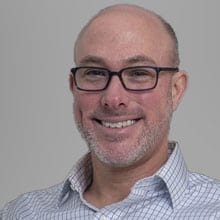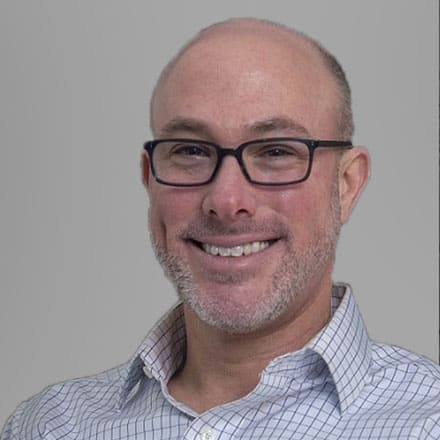Inside Angle
From 3M Health Information Systems
Patients benefit when we help physicians fill knowledge gaps
More so than health care providers in other specialties, primary care physicians (PCPs) are especially attuned to both quality and cost of care. Although our ordering decisions are evaluated for pay-for-performance and other value-based reimbursement programs, we focus on quality and cost not primarily because we are incentivized to do so, but because our long-term relationships with patients inspire us to do what is best for them. When diagnostic and therapeutic approaches exist—whether technologies, medications or other interventions—that allow PCPs to provide higher quality care at a lower cost, the key barrier to adopting these approaches is often our lack of knowledge. A recent experience reminded me how combining goal-specific education with PCP’s inherent interest in doing right by their patients can be a powerful tool to change health care practices for the better.
Until a few weeks ago, I had not given much thought to coronary CT angiography (CCTA). I was vaguely aware that it existed but had never ordered CCTA for any of my family practice patients. Then I attended a webinar for primary care providers organized by an accountable care organization (ACO) in which my practice participates. The webinar’s organizers wanted to convince attendees how recent advances in CCTA technology now make it both clinically superior and financially superior (i.e., lower cost) to nuclear stress testing for assessment of the presence of clinically significant coronary artery occlusion in low to moderate risk patients, a situation that we encounter somewhat frequently in primary care settings. They presented the facts seminar-style, answered our questions, and in the process made me a believer.
I had not considered CCTA previously because it was simply not on my radar. This raises the broader question of what factors influence PCPs’ ordering decisions. While many factors exist, I suspect that the biggest are previous training (in the case of chest pain workups, likely direct from cardiologists during residency) and established practice patterns. In other words, “this is what I was taught to do,” “this is what I have always done,” or “this is the standard of care where I practice,” reasoning that manifests in clinical decision making more often than most of us would like to admit. We want to do what’s best for our patients, but sometimes we don’t know what we don’t know, even in relatively common situations and especially when new and better approaches have been developed after we have completed our formal training. Although we all complete our continuing medical education requirements one way or another, it’s impossible to stay current on everything that we encounter in primary care. This leaves us with knowledge gaps.
Too often those who wish to influence physicians’ ordering decisions and fill our knowledge gaps are motivated by factors other than patients’ best interests. In primary care, we see this most frequently with pharmaceutical representatives who negotiate a five-minute opportunity to influence physicians’ prescribing practices in exchange for providing lunch for their entire office staff (and “free” samples for their patients). This is an effective sales tactic. Perhaps it’s the real-time interaction that contributes to its effectiveness because academic detailing (i.e., peer-to-peer educational outreach), which is similar to what pharmaceutical representatives do but without “free” lunch, “free” samples and ulterior motives, is also effective. We normally think of academic detailing with respect to therapies—primarily medications—but as my recent experience illustrates, its effectiveness likely also applies to other ordering and even referral decisions.
Financial incentives for quality-based and pay-for-performance programs are demoralizing to PCPs even when we score well because they reduce our professional value to a set of impersonal statistics that can’t be influenced and/or are arguably unimportant. Pride in a job well done is a more powerful motivator. When trusted parties who also have our patients’ best interests at heart fill our knowledge gaps and help us become more informed and competent physicians, I believe that patients will benefit. We physicians will also become more satisfied with our work, an additional important benefit in this age of physician burnout.
Adam Rothschild is a clinical informaticist with 3M Health Information Systems.


